Competition fishing is completely different to pleasure fishing, you can’t move about on to fish, you have to fish the swim you chose or that you drew out of the hat and make the most of the water in front of you, there are a few matches around and anyone can join but for me the one that everybody wanted to win was the British Carp Angling Championships (BCAC), if you won this event you would get into the England squad, plus it was the oldest event about. The competitions are pairs events mostly and are normally set over 48 hours.
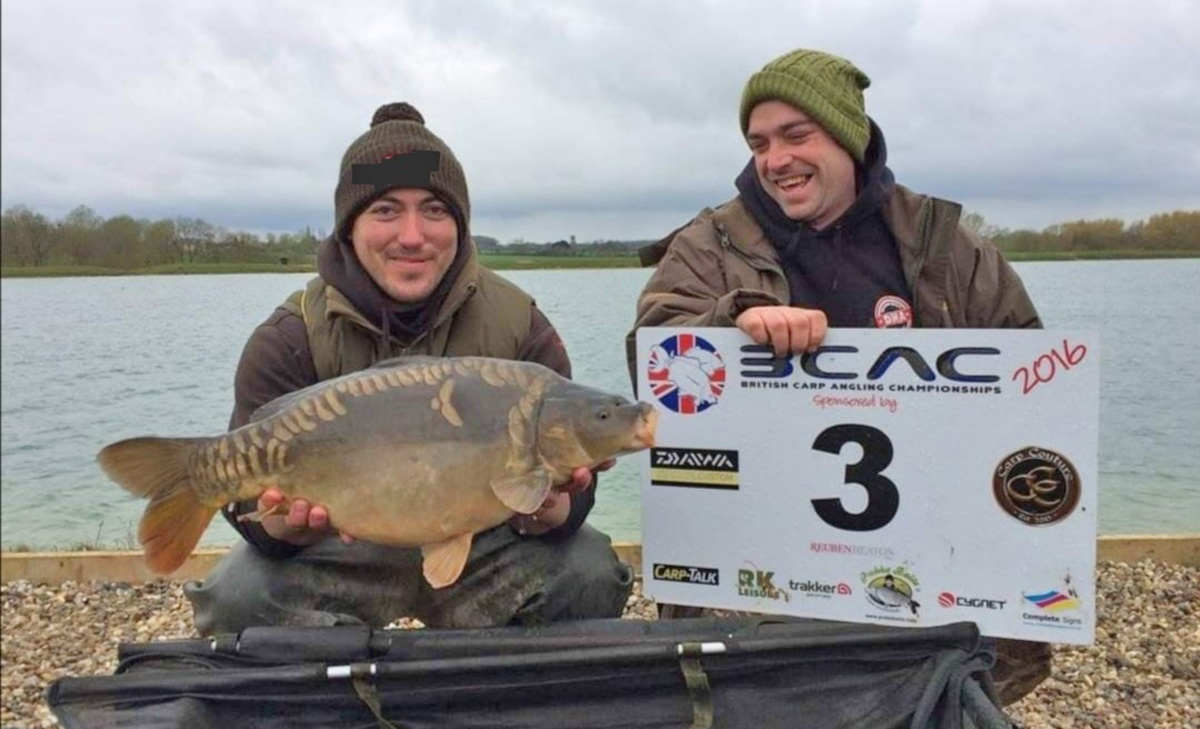
Competition fishing can be very time consuming, so I always broke the competition I was fishing down into 5 points. The first point was venue choice, I tried to pick a venue I knew which made it easier to find out as much info as possible, a lot of the matches were on popular day ticket waters which made it easy to find out as much info as possible which brings me to my second point, homework, I tried to find out as much as I can from social media as most lakes have one or more of the platforms, or any YouTube videos which where shot around the time off year I’m fishing the lake to see if there’s any patterns on form swims or fish activity, any lake or depth maps you can find also help, this draws up an idea of the lake before you even visit it, the next point I went by was the practice, as I said most matches were on day ticket waters so you could practice as much as you like, my first practice on a lake was always in winter mid week if I could as the lakes tend to be a bit quieter so you can move around the lake have a play with your marker rod and find some features and gauge the depths around the lake, I mark all these on a printed map for when I return for my next practice, I’d then make my next practice in spring this can be a good time to get a few bites and find a few fish and get a few more features marked on my map, I’d then try and practice as many days and nights as possible before the week before the match. I would try and do at least a 24/48hrs the week before the match to finish fine tuning the tactics I’m going to start the match with and the sort of areas you want to be in on matchday. The next point was the match prep, by now I always had a plan of how I was going to start the match and how I was going to attack the venue, these quite often would change on the day or through the match though with weather or areas of the lake you have to be pro-active and change as and when needed, then there’s the bait you may need, to prep your bait like particles or boilies, whatever you have chosen to attack the match with.
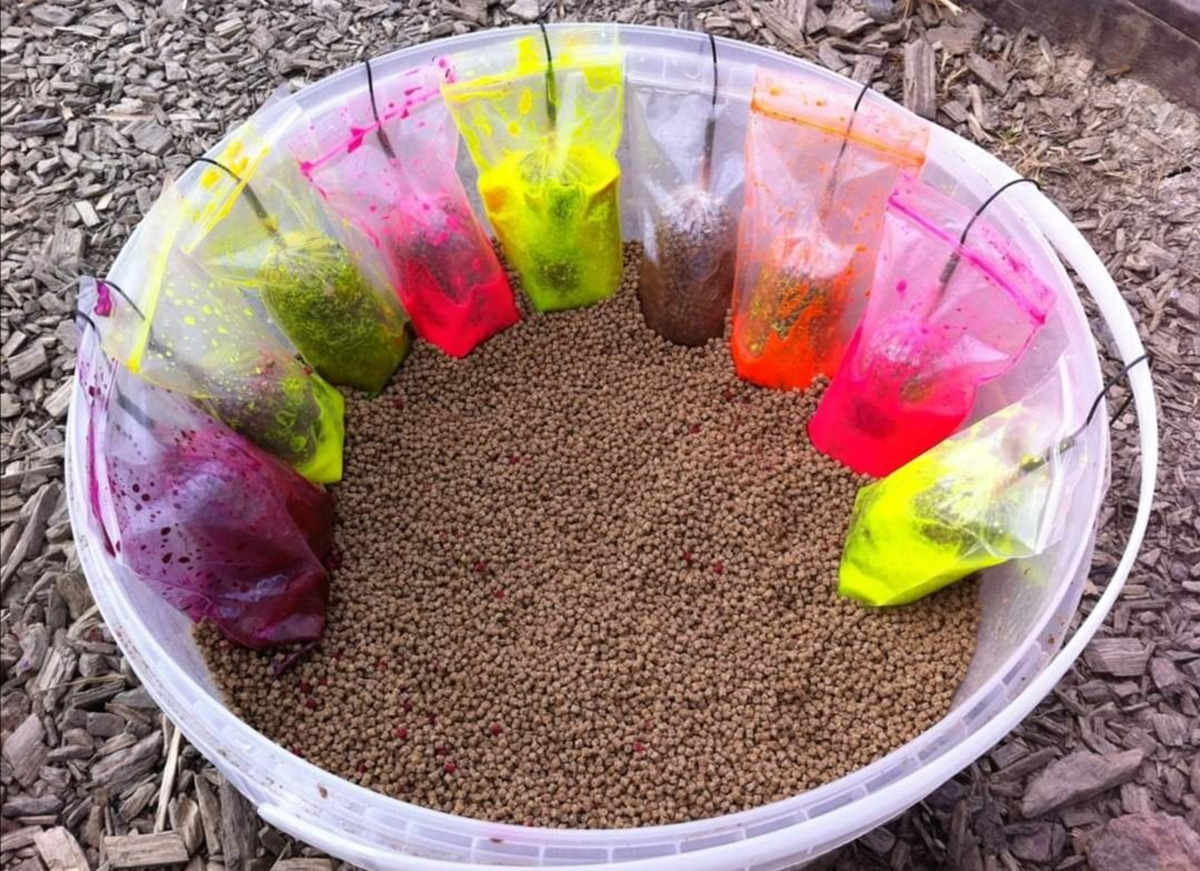
Then it’s the match weekend, I always got there 24 hours before the match so I can spend a day at the lake walking around to find the fish, you will also get a peg map with boundaries so you can see what water each peg has been given, I often did a rough peg choice on this day, the morning of the match I was up at first light walking the lake again to finalise my pegging map, at the draw its normally done as a watercraft draw, your name is pulled out off a hat and you tell the match officials what peg you want so the earlier you come out, the better chance you have of getting one of your favoured swims, once the draw is done you go off to your swim to set up, 1 hour before the start a hooter would go off so you could feature find, mark your rods up and get some bait out, but not a baited rod until the second hooter when you can start fishing.
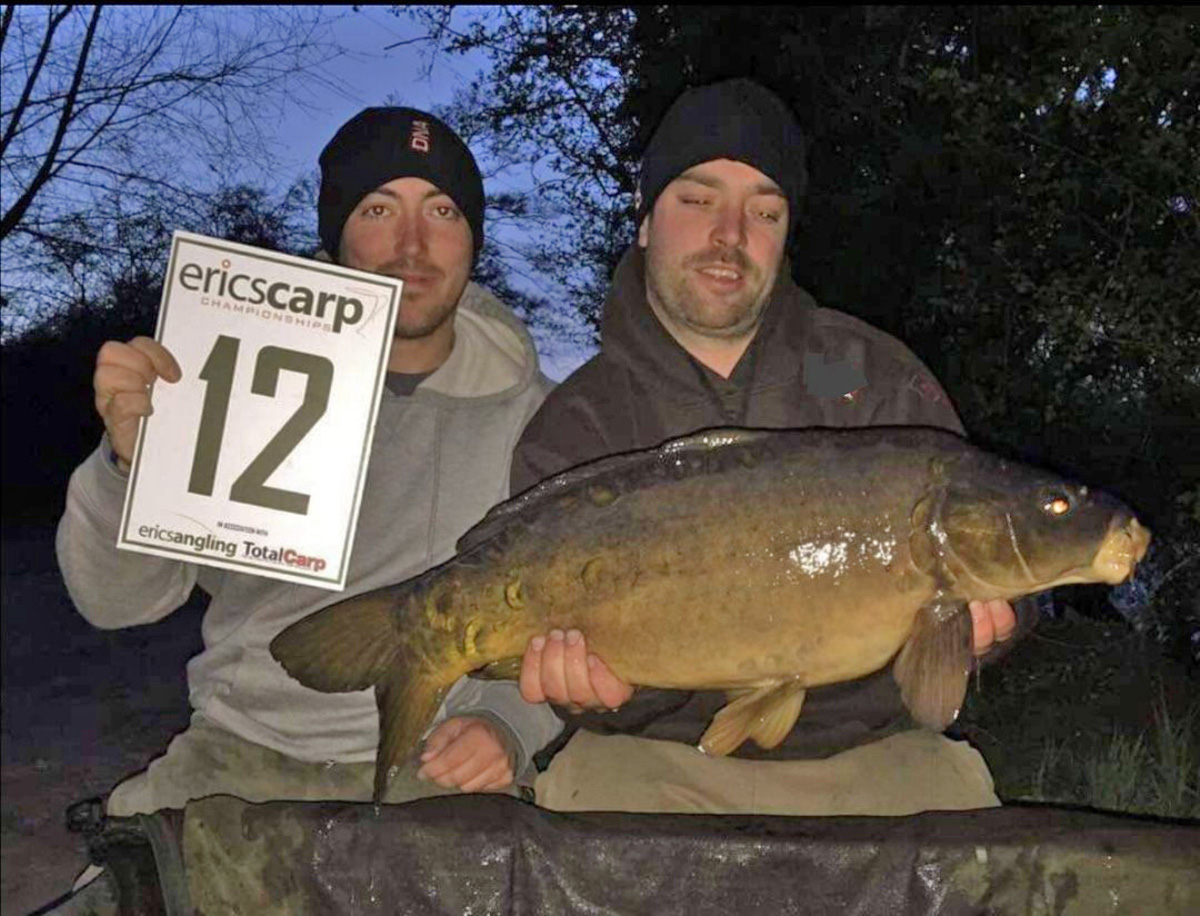
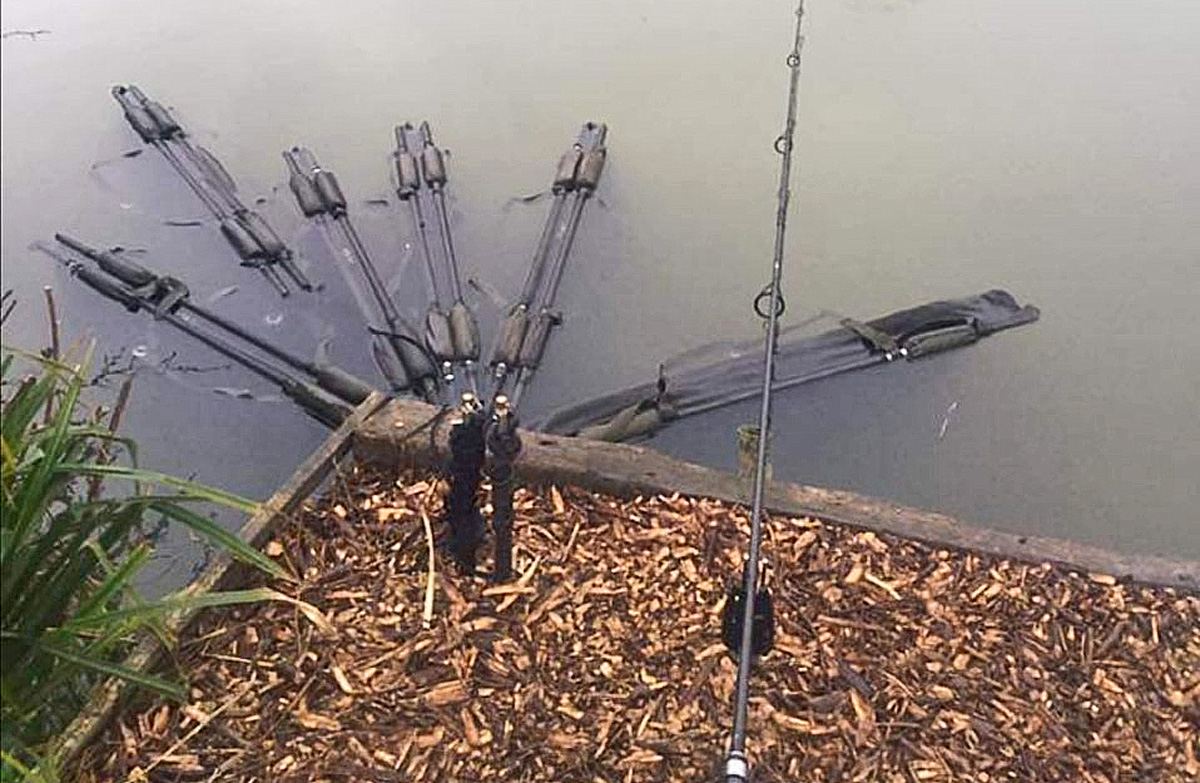
When a fish was caught you had to retain it in a retention sling and call a marshal to come and weigh the fish and record it, all fish were photographed and witnessed, so no cheating could occur, updates were always posted on social media so you could keep up to date with the scores in the match, the winners were decided by a total weight at the end of the match. This is how I approached the carp matches, other people may have done it other ways but it worked for me, I made all major finals, numerous times and won the Northern Carp Cup.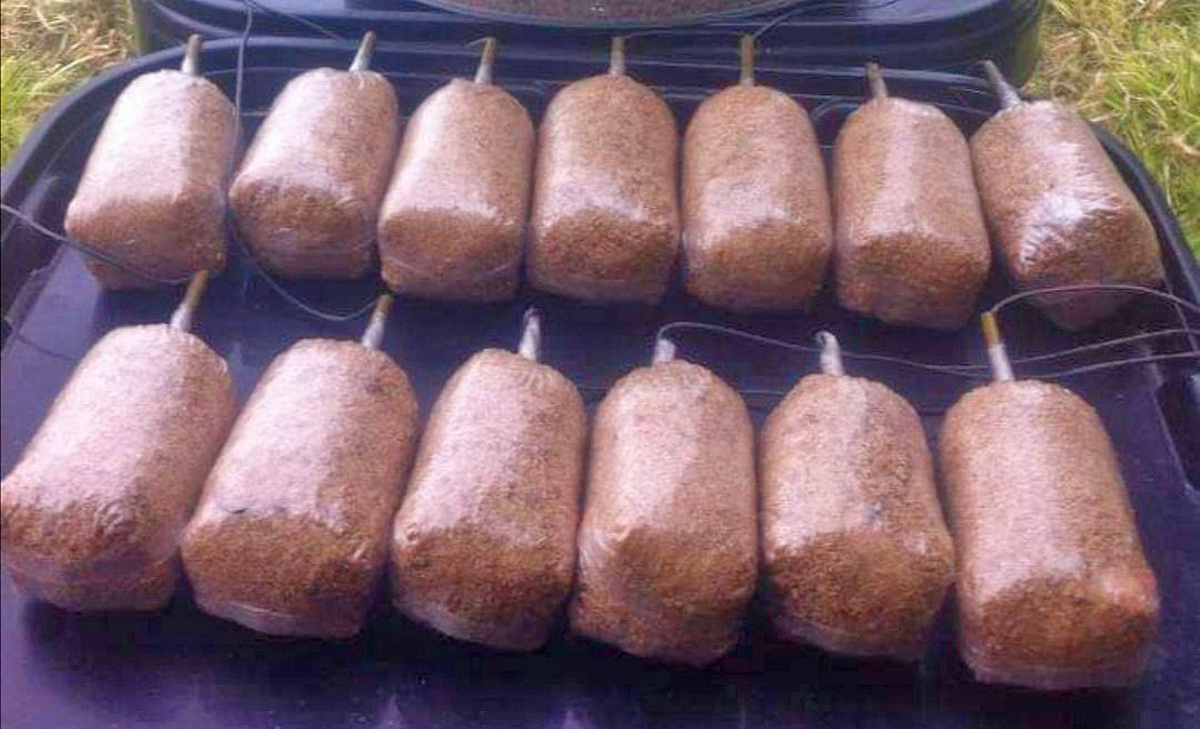
Preparation was key!
Craig Ridge

 WISHLIST
WISHLIST
